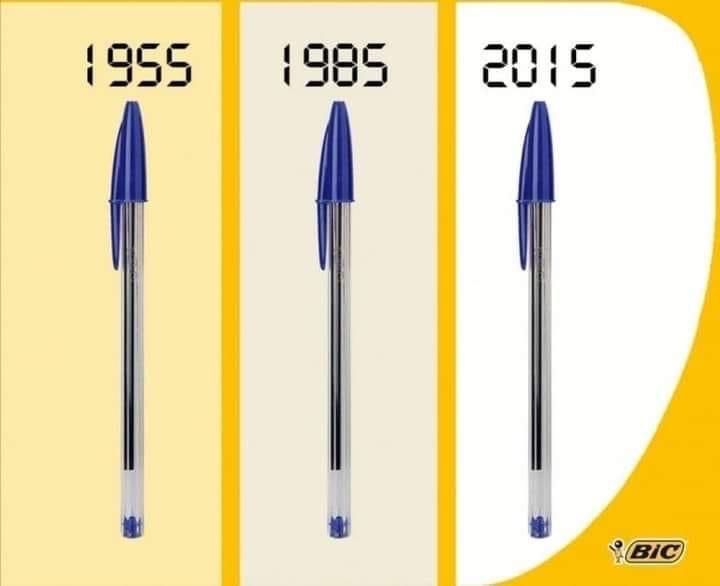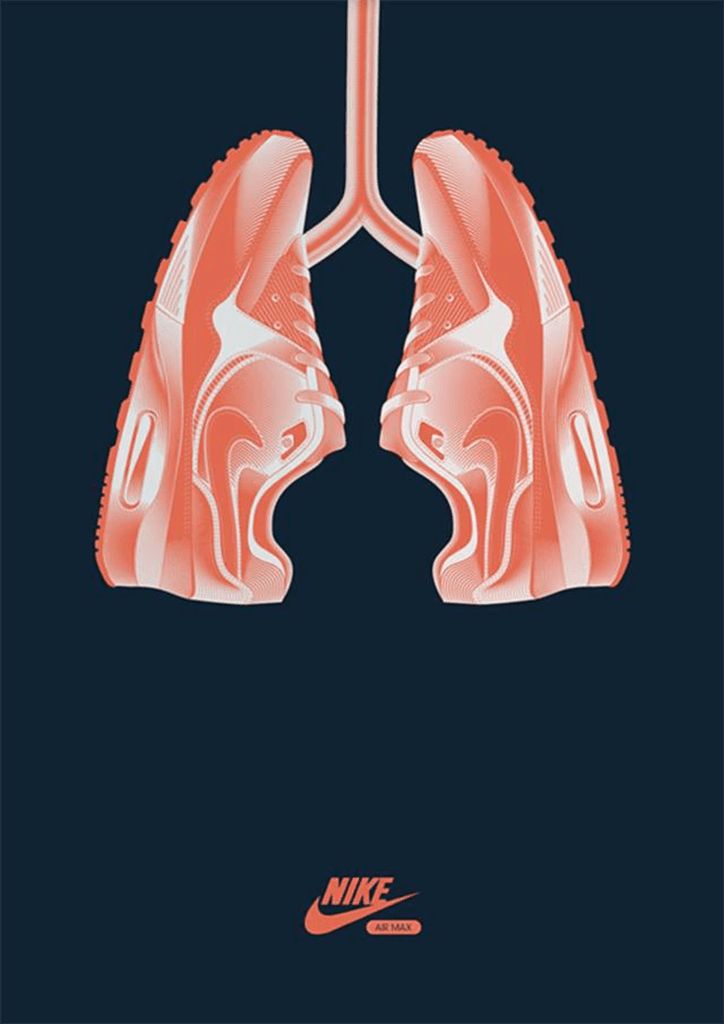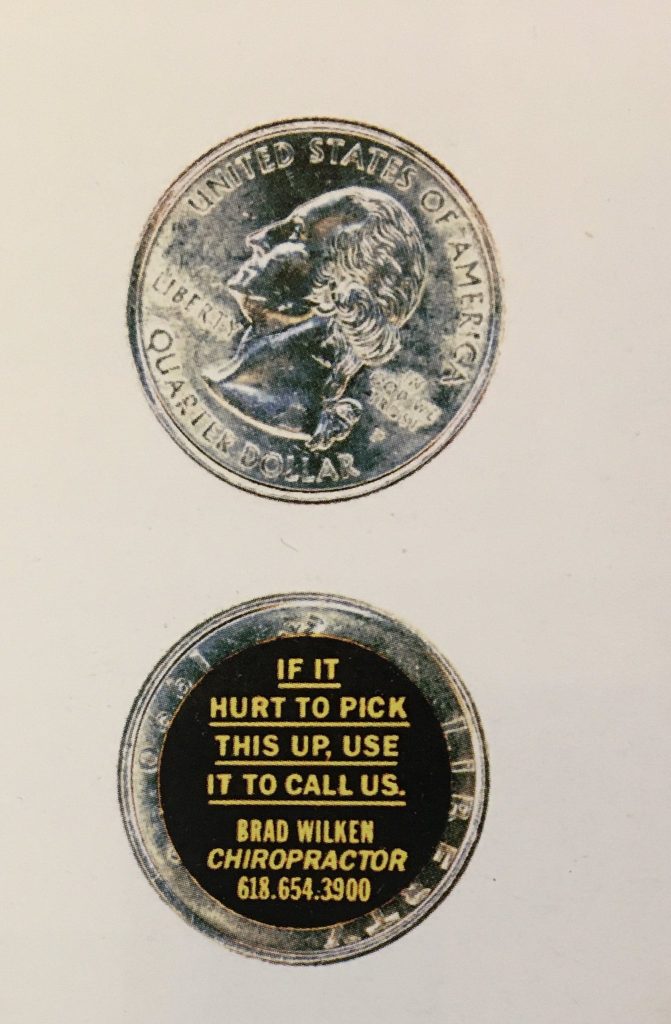Here’s a cautionary tale of how ‘humankind cannot bear too much reality – especially in the world of women’s fashion. Despite what people in research might say…
Back in 2000, M&S were facing a slump in sales. Brand appeal was declining Women’s clothing was key to turning this situation around. In an attempt to be brave and zig against the zag of women’s fashion, M&S decided to celebrate the fit of their clothes – whatever women’s shape and size.
Their new ad broke in the Autumn of that year. It didn’t show any of the new M&S fashion range. In fact, it didn’t showcase any clothes at all. But it did show a real, size 16 woman. In the now infamous ad we see the woman casting off clothing as she runs up a sun-drenched hill. On reaching the top, she stands naked, arms outstretched, proudly shouting ‘I’m normal’ The voiceover tells us that M&S has conducted the largest ever survey of women’s bodies, and, ‘You’ll be pleased to hear that if you’re not average, you’re normal’.
In groups, women loved it. They were fed up with seeing women advertising fashion brands who looked nothing like them, they said. It was a great idea to instead show ‘someone just like them, they said. And with 68% recall soon after airing the ad clearly made a big impression
But sales in M&S women’s fashion tanked. And the campaign was replaced the next year by a new, more conventional fashion campaign featuring a stellar line-up of models including Twiggy. Lizzie Jagger and Erin O’Connor. They were all wearing M&S new fashion lines. And they were all several sizes smaller than a size 16.
So be very careful when people say in research that they want to see people like them. What they really want to see – especially in the world of fashion and beauty – is their ‘Idealised Self’: the person they strive to be. Them at their very best. Not the warts-and-all ‘Actual Self’ they see when they look in the full-length mirror.
Be careful with reality. And be careful with what people say in research. It might not be what they mean.
Excerpt from: How not to Plan: 66 ways to screw it up by Les Binet and Sarah Carter












 Isca Beautiful Taps
Isca Beautiful Taps



























